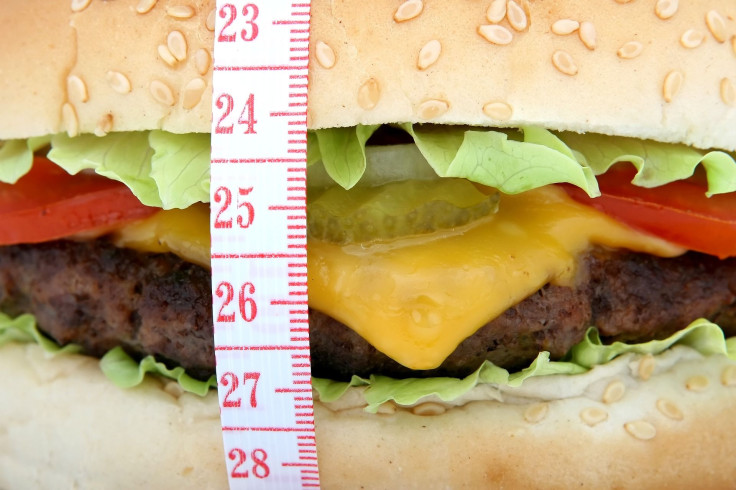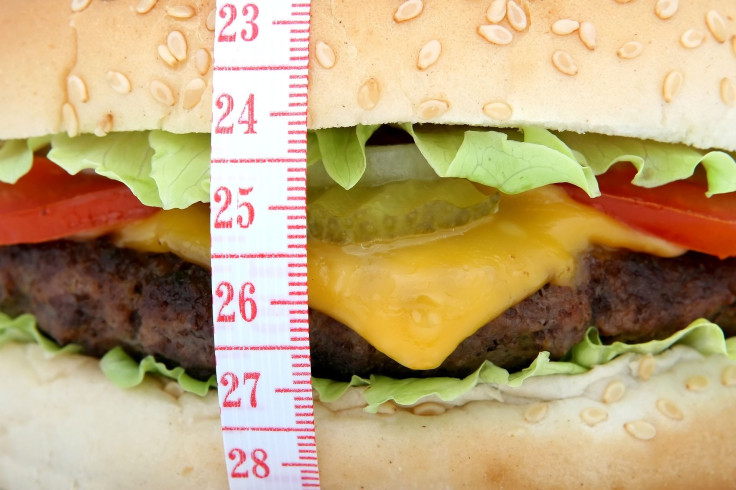Fasting Diet Benefits: Cutting 25% Of Daily Caloric Intake Boosts Mood, Improves Sleep, And Enhances Sex Life

Dieters in America spend upwards of $60 billion a year trying to lose weight, but according to a team of researchers from Pennington Biomedical Research Center, cutting calories could provide benefits far beyond a tinier waist: Strategic fasting could mean a better quality of life. Their findings, published in JAMA Internal Medicine, revealed eating 25 percent less each day could improve your quality of life. The caveat is you have to stick with it for at least two years.
For the study, researchers recruited 220 men and women with a normal body mass index (ranging between 22 and 28), who were an average age of 38. The group was divided into two groups. The first was required to cut 25 percent of their daily calories over the course of two years, while the second group was given the option to cut as many calories as they wanted each day. During the experiment, participants filled out questionnaires about their mood, sleep, sexual activity, and overall quality of life.
“What people report is that after they ‘get over the hump’ and start to lose weight, their hunger levels subside a bit and they start to feel the benefits of the weight loss,” said the study’s co-author Corby Martin, a researcher at Pennington, in Louisiana. “They find it easier to move around, their joints hurt less, they feel better.”
In the end, those who were assigned to cut out 25 percent of their daily calories lost an average of nearly 17 pounds. The group that was allowed to cut as many calories as they wanted to lost less than a pound. Not only is it a safe way to improve various aspects in a person’s life along with weight loss, but the 25 percent fasting diet has also been linked to increased feelings of euphoria. Although the participants were a normal, healthy weight, the researchers believe the benefits will trickle down through the overweight and obese populations based on previous studies.

"Calorie restriction among primarily overweight and obese persons has been found to improve quality of life, sleep, and sexual function,” the researchers wrote. “The results of the present study indicate that two years of calorie restriction is unlikely to negatively affect healthy adults. Rather, calorie restriction is likely to provide some improvement."
So how can you reap all those healthy benefits? All you need is discipline. According to the U.S. Department of Agriculture, the average active male adult needs around 3,000 calories a day, while an active female needs about 2,400 calories. That means a male would need to cut 750 calories from his diet, while a female would need to cut roughly 600 calories.
But Martin warns dieters that the Western world provides an overflow of food, making temptation hard to resist. “Even though they achieve those benefits, it is just really hard to adhere to these diets over the long term, at least in today’s society,” Martin said. “They’re minnows trying to swim upstream, in a world where it’s very easy to overconsume calories.”
Source: Roberts SB, Martin CK, Bhapkar M, et al. Effect of Calorie Restriction on Mood, Quality of Life, Sleep, and Sexual Function in Healthy Nonobese Adults. JAMA Internal Medicine. 2016.
Published by Medicaldaily.com



























